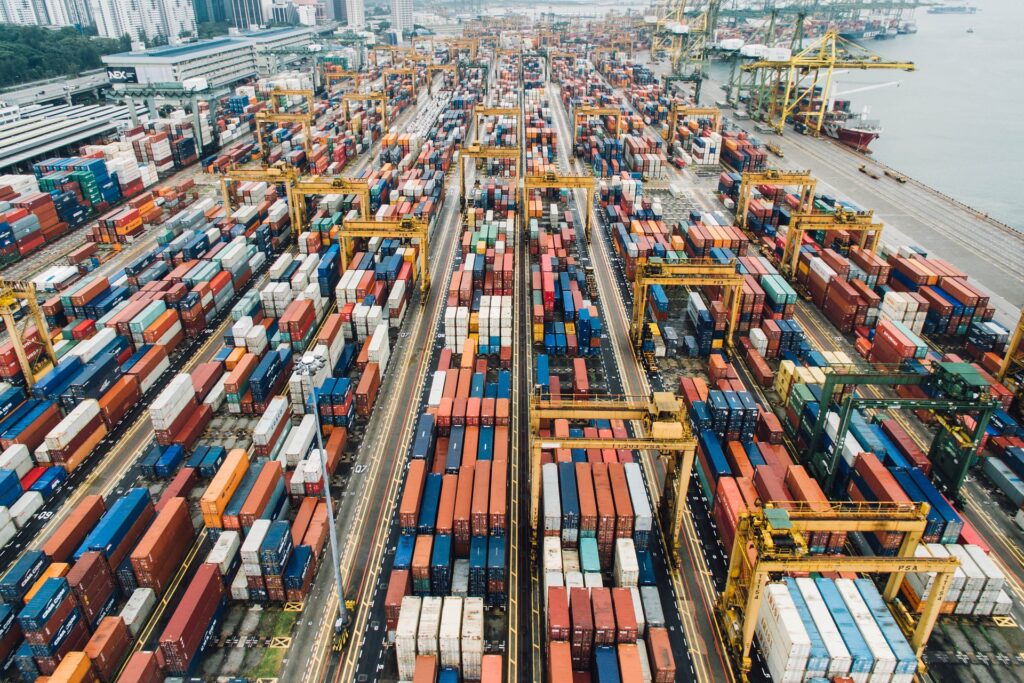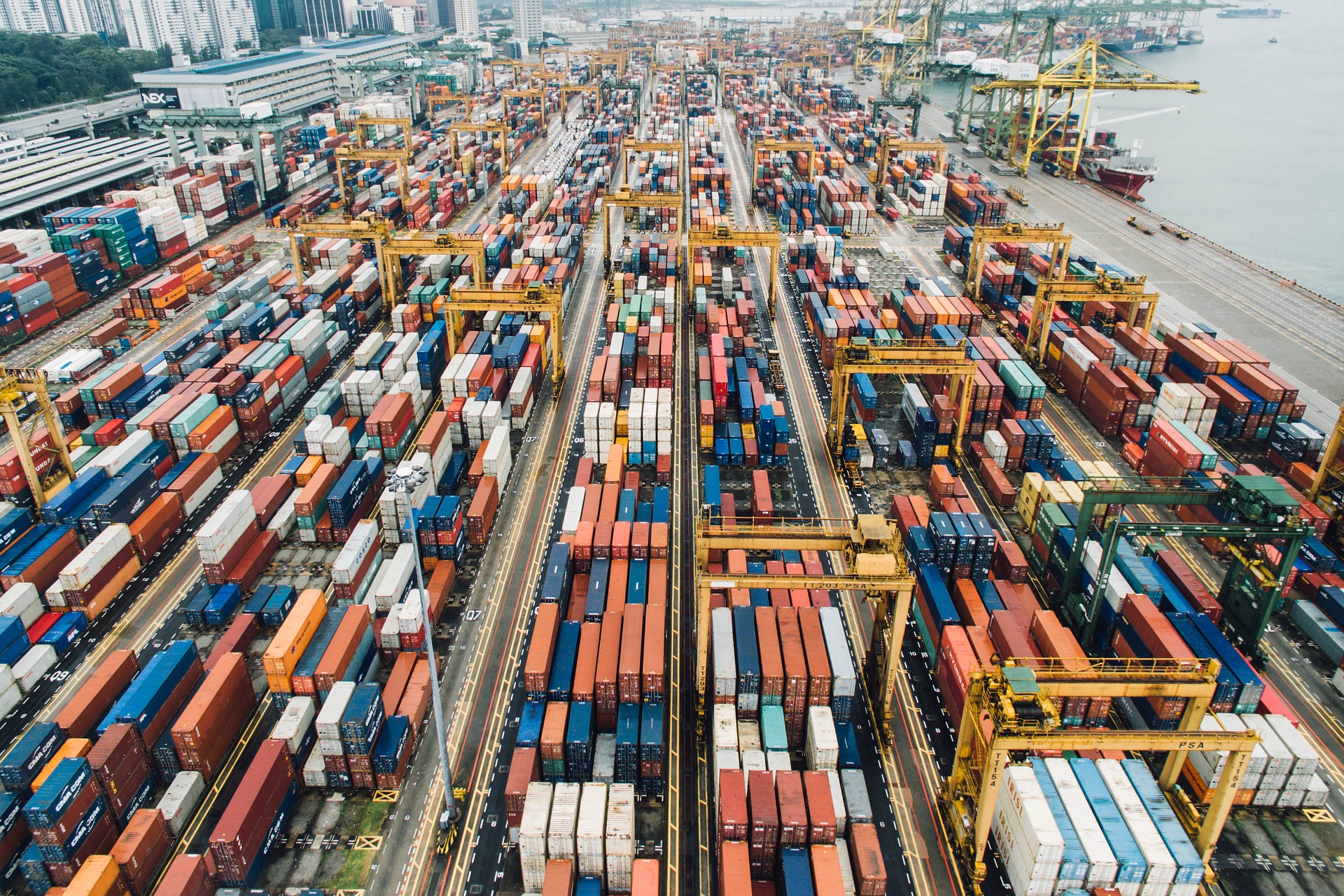
The Regional Comprehensive Economic Partnership (RCEP) is expected to promote free trade between member states, especially to reduce trade barriers by cutting tariffs on goods, Kallanish notes.
The pact was signed by 15 governments via video conference on 15 November.
Besides the ten ASEAN countries, China, Japan, South Korea, Australia and New Zealand also signed the agreement. India withdrew from negotiations in 2019, in part over concerns over reduced steel import tariffs. Market analysts have commented that the influence of RCEP could reach the level of the North American Free Trade Area or the EU Customs Union.
China Futures Daily pointed out that after the RCEP takes effect, more than 90% of goods will avoid tariff collection in trade between these countries. In future, this may increase to 95%. The zero-tariff policy will be achieved once agreements are finalised for specific products, and some should reach zero tariffs over the following ten years.
Under this framework, China and Japan could reach bilateral tariff reductions for the first time. For Japan, almost 90% of auto parts shipped to China will become tariff-free. Tariffs on gasoline engine parts as well as some steel products will be dropped when the agreement takes effect, Nikkei Asia said. As for Japan’s exports to South Korea, 92% of goods will be waived from duties, up from the current 19%.
South Korea will also now benefit from greater access to Japanese and Chinese markets. China already has a free trade agreement with ASEAN, but imports from the other signatories and exports to those countries will become tariff-free once the tariff schedules are finalised.
However, local petrochemical and steel industry professionals in Taiwan are worried that the local industry will be hit because Taiwan will be marginalized by the RCEP countries. The Taiwan Screw Industry Association said the exchange rate would have to be devalued by 15% to compensate for the potential impact of the agreement.
The sections on rules of origin could also support local crude steel producers. Before RCEP, each country and region had its own specific rules of origin, but RCEP institutes a single set of rules. For steel, products are deemed local if at least 40% of the value of the product was locally produced. This means, for example, that cold rolled coil produced from RCEP-member hot rolled coil could qualify for reduced tariffs, while that rolled from externally-sourced HRC may not.






